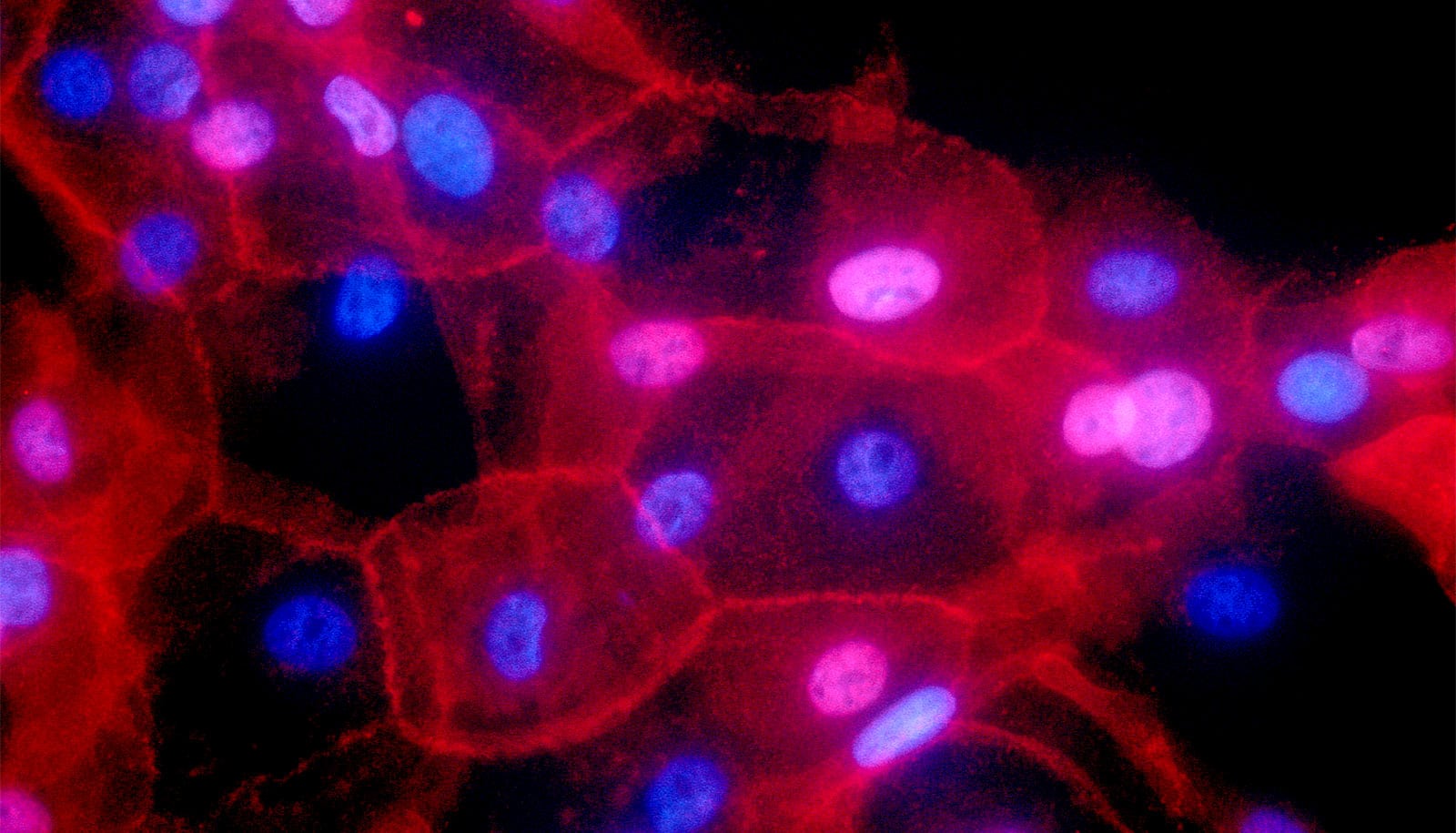The new discovery of a key protein behind cancer relapse and progression could lead to new therapies, researchers report.
In a their new study, the researchers found that the MBNL1 protein acts a biomarker in cancer and is present in low amounts in different cancer types.
Despite decades of research, cancer treatments are still inefficient and have unacceptable side effects that continue to prompt an urgent need for new approaches to prevention and treatment. Uncovering novel mechanisms associated with cancer would fill current knowledge gaps and help meet this need.
“We discovered a mechanism involving MBNL1 protein that predicts several characteristics of cancer such as progression and relapse,” says lead author Debleena Ray, a senior research fellow at the Cancer and Stem Cell Biology (CSCB) program at Duke-NUS.
“We found that MBNL1 protein is present in low amounts in many of the common cancers in the world, including breast, colorectal, stomach, lung, and prostate cancers, which when combined account for about 49% of all cancers diagnosed in 2018. This can cause poor overall survival in many of these commonly-occurring cancers.”
The team also found that this mechanism can be reversed by blocking the JNK protein, a well-known target in cancer treatment, in cancer cells with low levels of MBNL1.
“While JNK inhibitors have been tested as a cancer drug previously, currently there are no clinical trials for the same. However, if in the future there is a JNK inhibitor against cancer, MBNL1 could be used as a biomarker to select patients for the treatment,” says co-corresponding author David Epstein, adjunct associate professor at the CSCB program.
“Cancer is a global health challenge and Singapore is no exception. This study provides important information about novel targets and biomarkers that are implicated in several major cancers, which could lead to the development of new treatment strategies that can improve the lives of patients,” says Patrick Casey, senior vice dean for research.
Over the next year, the team will be investigating the role of MBNL1 in colorectal cancer and exploring the potential of anti-JNK therapeutic for cancer using antisense technology, a tool that is used for the inhibition of gene expression.
The research appears in the Proceedings of the National Academy of Sciences.
Source: Duke-NUS



